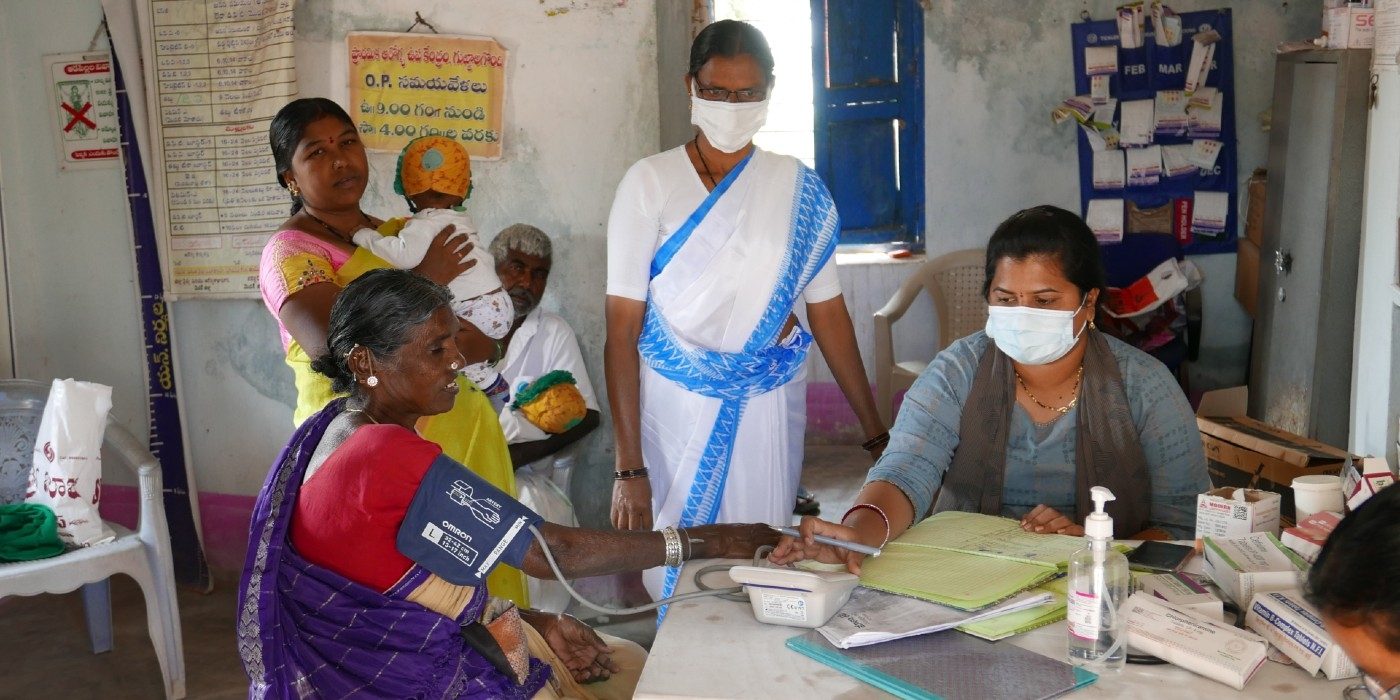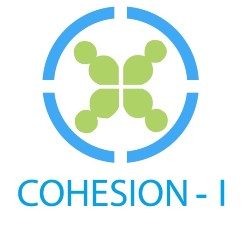
COHESION-I: Implementation of the COmmunity HEalth System InnovatiON project in low- and middle-income countries
Background
COHESION-I, a unique collaborative research initiative, is being implemented across Peru, Mozambique, Nepal, and India. Its primary focus is on understanding and enhancing the responsiveness of health systems. In India, the project takes a distinct approach, targeting the rural communities in the states of Telangana and Chhattisgarh. It will engage local communities in co-designing and implementing strategies to improve access to and utilisation of primary health care services provided by the public health system.
The COHESION-I project aims to comprehensively understand primary healthcare responses for tracer conditions such as hypertension and diabetes mellitus for non-communicable diseases (NCDs) and lymphatic filariasis for neglected tropical diseases (NTDs). This research is crucial as it addresses pressing health challenges in low-resource settings, emphasising community engagement and participatory approaches. By focusing on national priorities such as improving primary health care and addressing NCDs and NTDs, the project aligns with India's healthcare goals, contributing to evidence-based strategies for enhancing health system responsiveness and patient satisfaction, thus potentially informing policy and practice nationwide.
Aims
- To conduct formative research at the policy, health system and community levels to understand health system responsiveness and user satisfaction in the provision of health care for hypertension, diabetes mellitus and lymphatic filariasis.
- To identify interventions to improve the responsiveness of primary health care, patient satisfaction and health care provision for these chronic conditions through a participatory approach with communities, primary health care workers and regional authorities.
- To pilot-test and evaluate co-designed interventions for feasibility, acceptability and preliminary effectiveness.
Research Methodology
COHESION-I is a participatory action research project employing quantitative and qualitative methods. The project is divided into three work packages: formative research, co-creation of community and health system interventions to enhance access and utilisation of healthcare for NCDs and NTDs, and piloting and evaluation of prioritised interventions. Through policy analysis, health system assessments, and community perception studies, COHESION-I will identify barriers, enablers, and strategies to improve the prevention and management of hypertension, diabetes mellitus, and lymphatic filariasis.
The research will be conducted in two rural regions: Surguja district in Chhattisgarh and Siddipet district in Telangana. Activities include community mapping, surveys, focus group discussions, and in-depth interviews with stakeholders such as patients, caregivers, community leaders, community health workers, healthcare workers, and policymakers.



